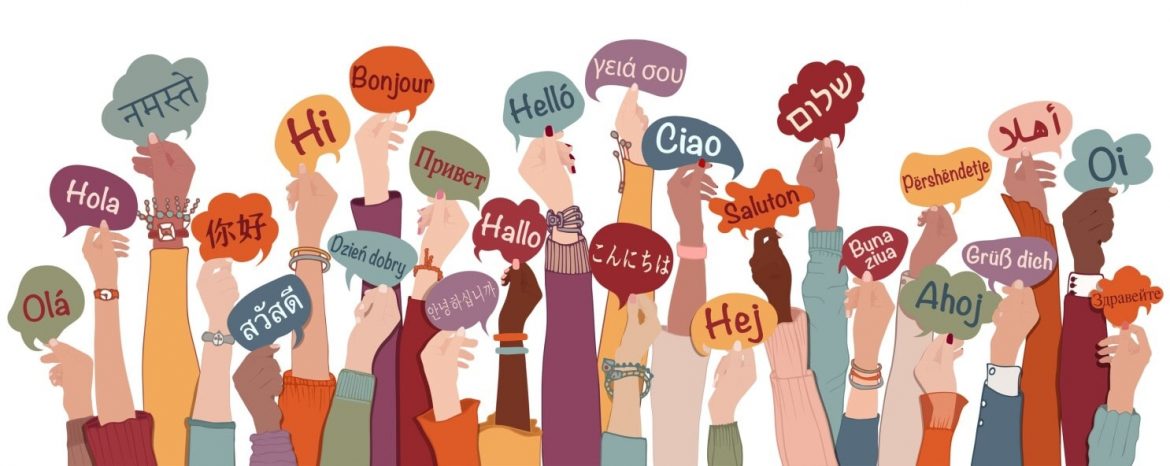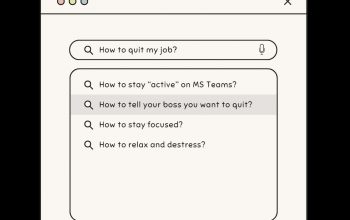Photo Credit: The Epitaph
You’ll thank me later if you take a language course
Aramayah Ocol, Staff Writer
Learning a new language is like unlocking a mystery box — at least that’s how I imagine it.
Let me give you some context. I, like many of you, have spent most of my life living in an English speaking country. From a very young age I had an averse attitude towards learning languages. I have memories from kindergarten being flustered as I mimicked the sounds my French teacher called words. In my second year at U of T, I dropped my Elementary Russian course, which at the time was being taught online. After that, I was led to believe that I could get an exemption from my degree’s requirement of learning two Slavic Languages. Then, taking a gap year, I moved to Spain thinking that I would definitely learn Spanish — not by sitting in a classroom, but symbiotically making Spanish-speaking friends. Predictably, none of that happened.
Instead, I formed friendships with people who spoke English fluently as their second or third language. It was my connection with these people that allowed for my perspective on language to be reinterpreted. I believe that if the everyday person does not have a personal reason that inspires them to learn a language, there is little incentive to do so. You experience the world relative to yourself, and hence, you need that magnetization from the world externally for motivation.
However, language fractures the monolithic conception of universal communication. We all dream about international understanding. Using Google Translate to send Whatsapp or Viber messages across the world is not going to do it. Language quite literally divides the world into different regions with conflicts an English speaker cannot understand about a Slavic speaker or a Spanish speaker, for example. The convergence of differences in linguistic and cultural backgrounds between my friends and I became a creative space to debate, argue, explore, and laugh. However, as I experienced by visiting my boyfriend’s house in Budapest for the first time, no amount of theoretical conversation about the relation between culture and language would be enough for me to holistically understand the profoundly deep and rich nuances of Hungarian culture.
If you have friends who are international students at U of T, next time watch them carefully when they’re picking up a phone call from their parents or talking to people who speak their native language. What you may notice is that their personality — how they emphasise what they are saying, to the tempo and cadence of their voice — changes. While the external world becomes more colourful under the influence of language, the personality of words in another language changes the way in which the individual’s character is expressed. For those of us who are monolingual, we will very rarely get to experience our friends’ personalities in another language. This is an entire side that we don’t get to interact with. There is something slightly tragic in not being able to experience all sides of the people that we are closest to.
Now, of course, I find myself back at U of T in my third year unironically studying both Russian and Ukrainian at the same time. My experiences in both classes are extremely different. My Ukrainian class is taught immersively with a lot of native Russian speakers, whereas my Russian class is filled with non-Slavic speakers and taught very grammatically. There are many times where the kindergartener in me is in internal hysteria, rebuking the air I breathe. Why do I choose to sit in two different language classes for at least two hours a day? Much to my own surprise, because language learning requires content, you find yourself needing to actually talk about yourself. On this premise, friendships are quickly made. There is something funny about mispronouncing words by accident at 10 am in the morning after pulling an all-nighter. Take a language course because I guarantee that you will end up with more friends.
I am not going to lie, learning a language is a gigantic struggle for monolingual people, especially if there is no one to practice with. English seems to dominate the internet, and despite the country you’re in, you can usually find another person who also speaks English. In addition, if you are anything like me — not inclined to language learning skills — it might dump your GPA, especially if you’re doing two at the same time (which I do not recommend). However, all the cons do not weigh out the immeasurable benefits of learning a second language. It quite literally brings you into closer proximity to a part of the world that would have otherwise been inaccessible to you. It forges connections with people you would otherwise not be able to know in the same way if you did not speak their native language.




